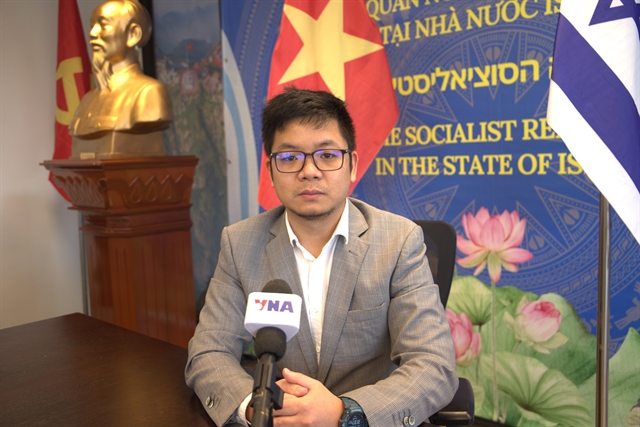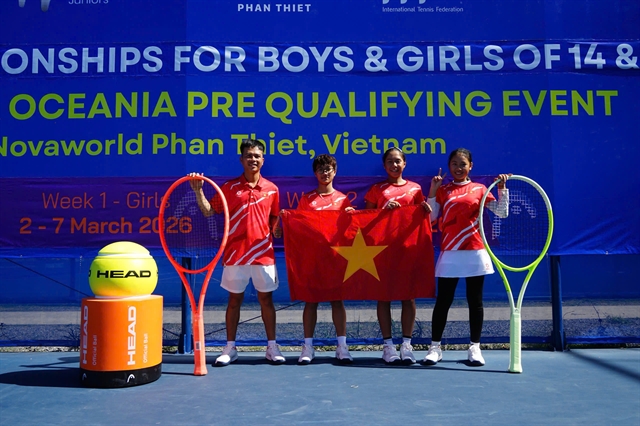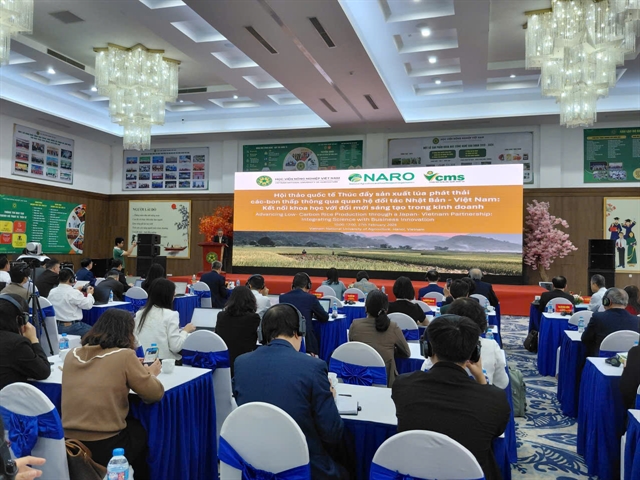 Environment
Environment
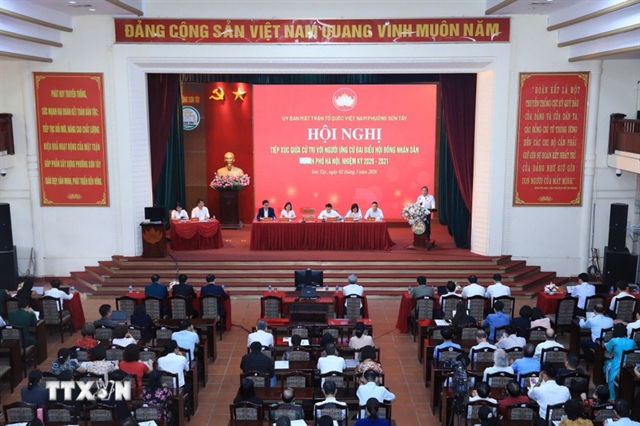
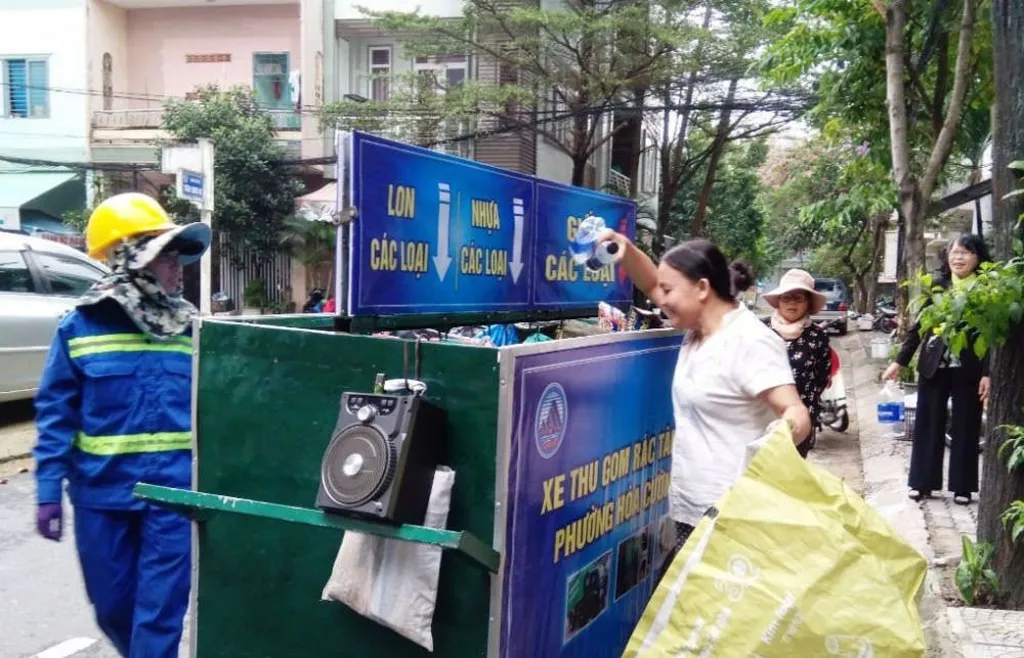 |
| Solid waste collection in Đà Nẵng City. — Photo baotainguyenmoitruong.vn |
{ "id": "vwoH5twEKc", "type": "myToolImages", "data": { "data": "" } }
ĐÀ NẴNG — A workshop was held in the central city of Đà Nẵng to kick off the second phase of a project on waste classification at source and waste recycling funded by the Japan International Cooperation Agency (JICA) in the locality.
The event was jointly hosted by the municipal Department of Natural Resources and Environment and the Institute for Global Environmental Strategies (IGES) of Japan.
According to Director of the municipal Department of Natural Resources Tô Văn Hùng, the first phase of the project, implemented for five years within JICA’s Development Partner Programme as part of the bilateral cooperation programme between Đà Nẵng and Japan’s Yokohama city, has proven effective.
Officials of Đà Nẵng have been trained directly in Japan, and many models piloted in Hải Châu and Thanh Khê districts.
Addressing the workshop, Tsukiji Makoto from IGES introduced a plan to implement the project’s second phase in 2022-25, which will focus on establishing a sustainable resource recirculation system for urban solid waste in Đà Nẵng; developing a map of "hotspots" of waste in the city; piloting activities in Hải Châu, Thanh Khê, and Liên Chiểu districts; and developing policies on solid waste classification and treatment.
According to Dr. Phạm Phú Song Toàn from the University of Technology and Education (UTE) under the University of Đà Nẵng, the city needs to build plans to collect, classify and treat organic waste at source, especially at restaurants and hotels; and develop a database system on waste.
Đà Nẵng is striving to reuse and recycle 15 per cent of solid waste by 2025. — VNS



